“Psychology parh key psycho ho jao gi”
“Hum pagal thori hain jo psychologist key pas jayen gey”
“Psychologists tou khud pagal hotay hain”
Facing pushback on why I chose mental health as my focus made me reflect on the stigma and shame associated with seeking mental health services, especially within our Pakistani and South Asian community. As a Pakistani, I questioned whether my community truly believed therapy was unnecessary for us or if the perception was that therapy was exclusively for “White people”, and we pakistanis dont need it because we have family and support systems. This skepticism and distrust added an extra layer of complexity to the already challenging journey of pursuing a degree in mental health.
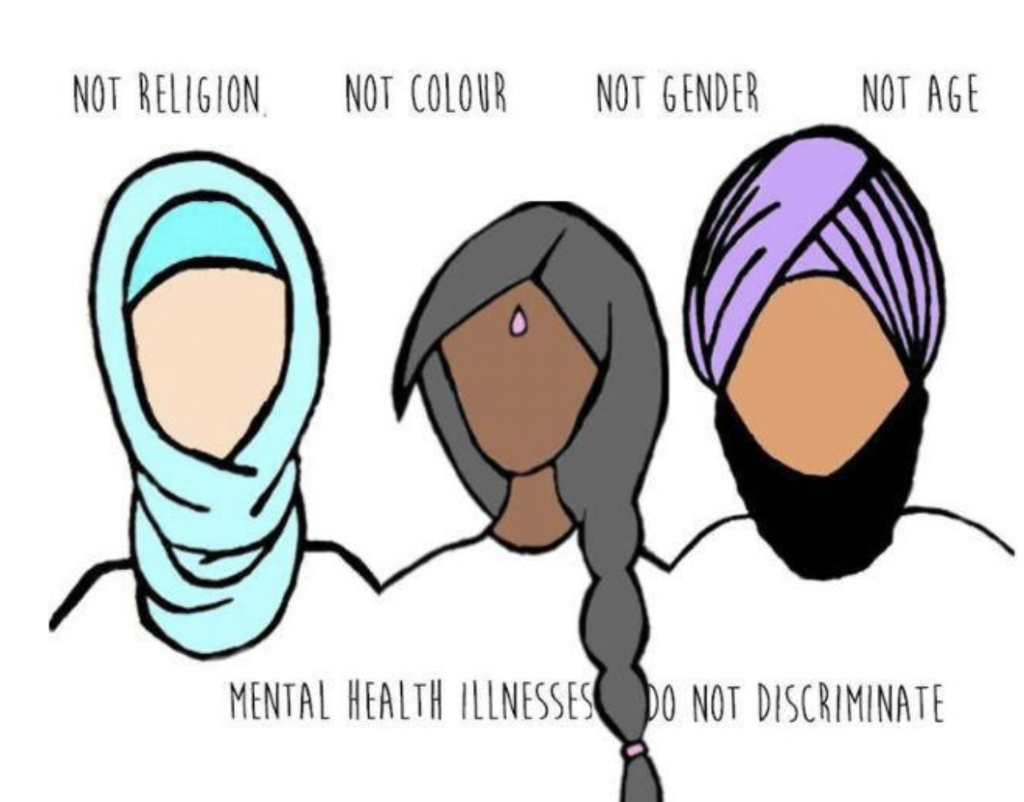
Alot of my friends, family, and clients from the Desi community have mentioned this as a reason for avoiding treatment, which makes me think what about all the priests and rabbis and maulvis and peers and gurus and shamans and muftis they visit? Almost in every culture, there have existed trusted community leaders or family elders whom people turn to for wise counsel and comfort, spanning across centuries, I’m not talking about the typical Aunties who offer advice without being asked, covering everything from cooking the perfect biryani to beauty tips for fairer skin, and even suggesting three things you must do to keep your spouse happy or how to handle conflicts with in-laws since we have barely any Boundaries in South Asian Culture.
Experiencing mental health challenges, relational issues, and mood swings are all natural aspects of being human.
Seeking therapy/ treatment for these challenges is not a recent development, a phenomenon exclusive to White individuals, a trend of the “new generation,”. However, the inclination to project an image of being “perfect” and “well-adjusted” to give the best image to society is a specific kind of facade that Pakistani families consistently adopt, passing it down from one generation to another. This facade hides and suppresses wounds stemming from issues such as abuse, neglect, trauma, attachment problems, depression, anxiety, and family conflicts.
Many of us in the South Asian community hide our struggles with shame and guilt. We often avoid seeking help from trained professionals because we fear judgment and worry about what others might say. By keeping our problems secret, we perpetuate a cycle of hesitation and secrecy that makes it even more difficult to seek the help we need just because we are scared Log kya kahengey?
Going to therapy is a bit like going to the gym. You might start because you want to achieve a specific goal, like losing 10 pounds. Once you reach that goal, you can stop if you want. But, just like how some people make going to the gym a regular part of their life for overall health, therapy can also become a ongoing part of taking care of your mental and emotional well-being. Owing to the cultural stigma surrounding mental health issues in Pakistan and the significant emphasis on public honor, known as “izzat,” label avoidance is frequently observed in the population, leading to potentially harmful consequences. Pakistani societies, characterized by a strong sense of community, place paramount importance on the social status and image individuals present to the community.
As a therapist, I don’t want to boss you around or tell you exactly what to do. I won’t say things like:
- You should completely break ties with your troubled family.
- You are far away from religion, pray and you will be fine
- You have to endure mistreatment to save your marriage.
- Read these lines and it will give you comfort.
- You’re an alcoholic
- You should follow certain gender role expectations to be a better family member.
Instead, I want to listen and help you figure out what’s best for you, make you make the right decision independently, help you manage your feelings and emotions, help you feel empowered, and make choices that are right for you. It’s not just about improving your relationships with others; it’s also about making your relationship with yourself better.
What to do now?
Talking about mental health is often seen as a forbidden topic in Pakistani culture. Many people think that if someone has mental health problems, it means they are not strong or have failed personally. This belief makes it hard for young South Asian/Pakistanis to ask for help or talk openly about their mental health issues. On top of that, these young people often feel pressure to do well in school and work, leading to stress, anxiety, and depression. Meeting family and cultural expectations can add even more stress. To help Pakistani community youth with mental health, we need to educate people. By teaching about mental health conditions and their treatments, we can break down false ideas and myths that cause stigma. Also, making mental health resources and services more available can make it easier for these young people to get help. We can raise awareness of existing resources, like mental health hotlines, support groups, and therapy services that understand and respect the South Asian Culture community’s unique needs. Another important step is to encourage open and honest conversations about mental health in families and communities. By doing this, we can remove the silence around mental health, making it easier for our youth to ask for help and talk about their struggles. Mental health stigma is a big problem in the Pakistani community overall everywhere but mostly, and it can seriously affect the mental health of young people. To fix this, we need to educate, provide more mental health resources, and promote open conversations about mental health. If we all work together, we can create a community that supports and understand youth facing mental health challenges.
Leave your feedback or experiences regarding this challenge!
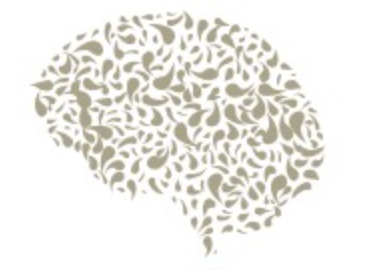
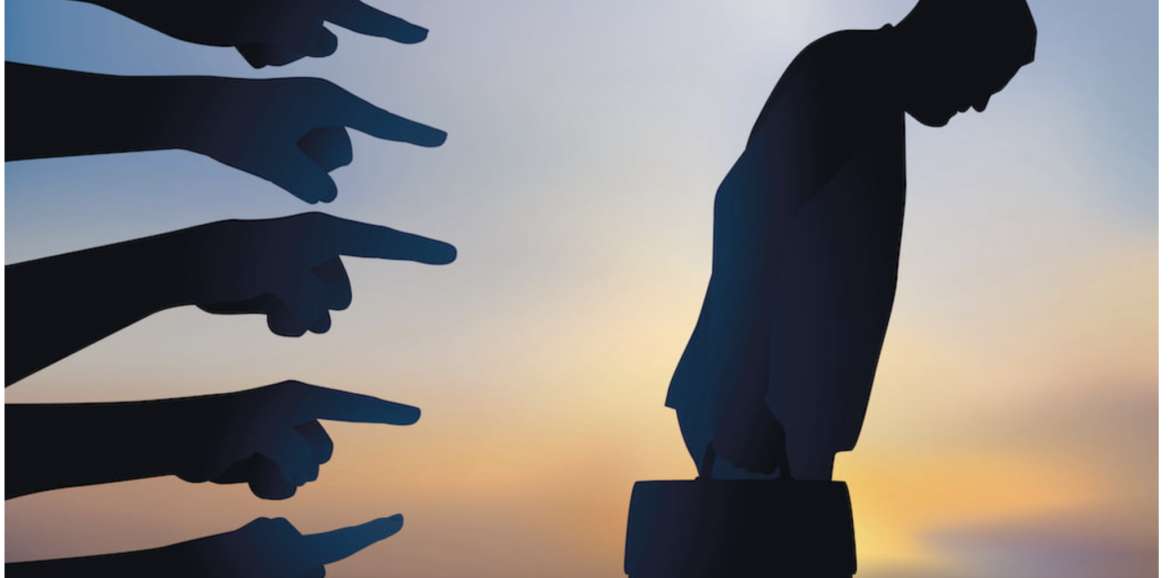

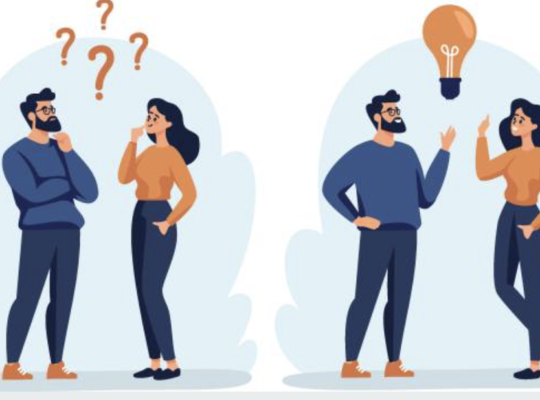



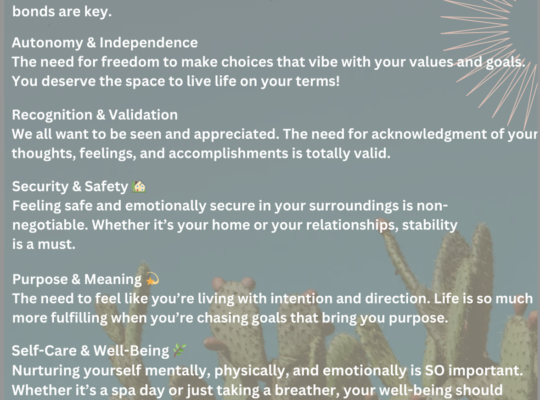

[…] then encourage a new conversation with family members about expectations and sacrifices. In our culture, seeking professional help is often seen as a stigma, so individuals are compelled to rely on their own efforts to improve their […]
[…] stories are filled with sadness and suffering, yet they seem normal to many. The Partition left a hole in our region, one we try to ignore but which haunts each generation of […]
Program iz I like the efforts you have put in this, regards for all the great content.
Fourweekmba I very delighted to find this internet site on bing, just what I was searching for as well saved to fav
Techarp very informative articles or reviews at this time.
Lois Sasson Great information shared.. really enjoyed reading this post thank you author for sharing this post .. appreciated
Thanks for the feedback!